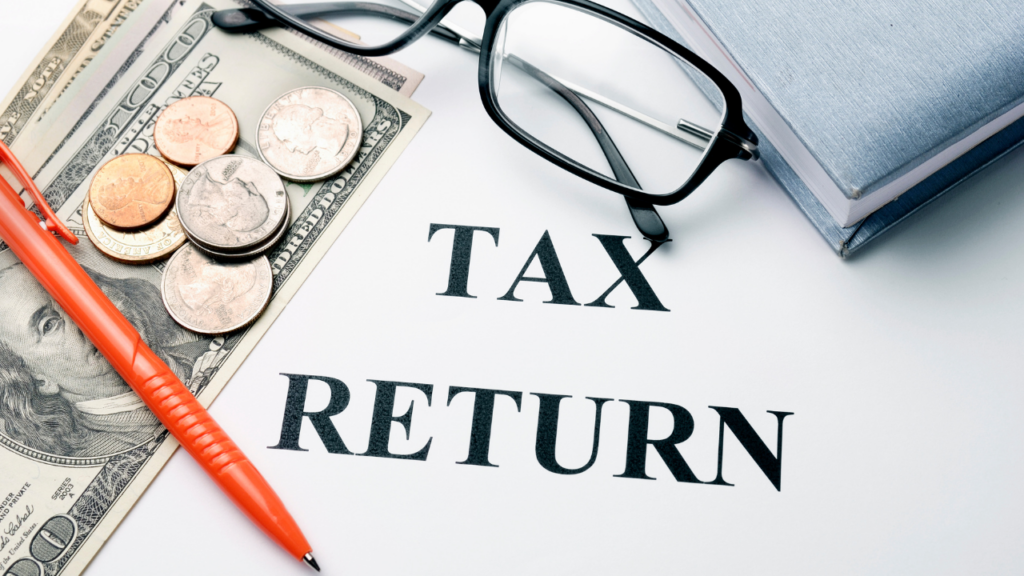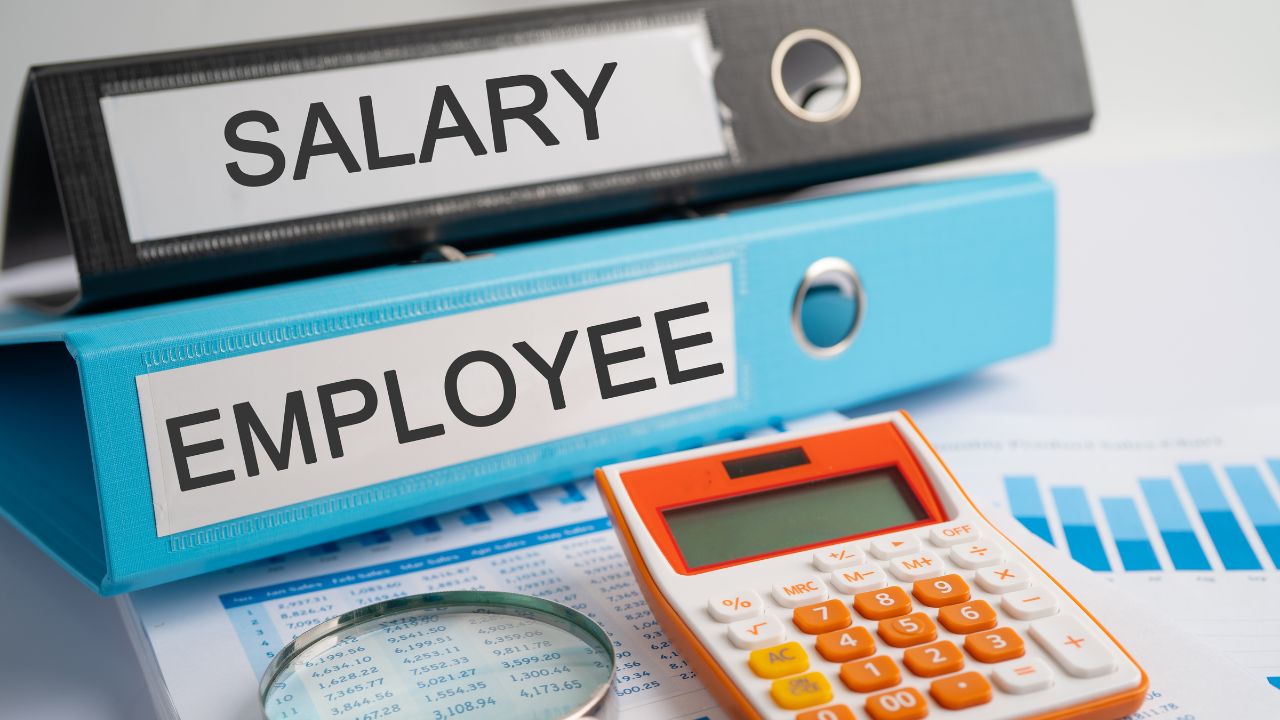Can You Get a Mortgage Without 3 Months Payslips?
It is common knowledge that getting a mortgage in the UK requires a lot of documentation. One of the most important documents that mortgage lenders require is payslips.
Payslips are used to verify the income and employment status of the mortgage applicant. But can you get a mortgage without 3 months payslips?
The answer is yes, you can get a mortgage without three months of payslips. However, it may be more challenging to find a lender who is willing to lend to you.
Mortgage lenders want to ensure that the borrower has a stable income and can repay the loan. Payslips are a way for lenders to verify this information. Without them, lenders may require additional documentation to verify income, such as bank statements or tax returns.
What Proof of Income Is Required for a Mortgage?
When applying for a mortgage, lenders typically require proof of income to assess the borrower’s ability to meet the repayments. While 3 months’ payslips are a common requirement, other forms of income documentation may also be accepted.
Key documents that may be required include:
- Payslips: These provide a snapshot of the applicant’s regular income and are often requested for the most recent 3 months.
- Bank Statements: Lenders may ask for bank statements to verify the consistency of income deposits and outgoings.
Additional proof of income may include:
- Tax Returns: Self-employed individuals or those with additional income may need to provide tax returns for the previous year.
- Employment Contracts: These can help demonstrate the income stability for employed individuals.
Applicants need to discussLenders typically require payslips as proof of income when applying for a mortgage their specific income documentation requirements with the lender or a mortgage advisor to ensure they provide the necessary proof of income for their particular circumstances.
Can You Get a Mortgage Without 3 Months Payslips?
Yes, you can get a mortgage without 3 months payslips, but it may be more difficult.
Lenders typically require payslips as proof of income when applying for a mortgage. However, what if you don’t have payslips or can’t provide them?
One option for those without payslips is to provide bank statements as proof of income. This can show regular income deposits and provide a picture of the applicant’s financial stability. Lenders may also consider other forms of income, such as self-employment or rental income.
It’s important to note that without payslips, lenders may require a larger deposit or charge higher interest rates. This is because they may view the applicant as a higher risk due to the lack of proof of consistent income.
Another option for those without payslips is to apply for a guarantor mortgage. This involves having a family member or friend act as a guarantor for the mortgage, providing additional security for the lender. However, this option also comes with risks and should be carefully considered.
Overall, while it is possible to be eligible for a mortgage without payslips, it may require additional effort and consultcosts. Applicants should consider all options and speak with a mortgage advisor to determine the best course of action.
Alternative Income Verification Methods

If you do not have 3 months’ payslips, there are alternative income verification methods that you can use to demonstrate your ability to repay a mortgage.
These methods may be used with other income sources to satisfy lenders’ requirements. Here are some of the most common alternative income verification methods:
Bank Statements and Savings
One way to verify your income is by providing bank statments and savings account statements.
This can help demonstrate that you have a consistent income stream and that you have the financial resources to make your mortgage payments. Lenders may require a certain minimum balance in your accounts to qualify for a mortgage.
Accountant’s Certificate
Another way to verify your income is by obtaining an accountant’s certificate. This document that certifies your income and is typically prepared by a qualified accountant. It may be required if you are self-employed or have irregular income streams.
Tax Returns
If you are self-employed or have income from rental properties, you may need to provide tax returns as proof of income. Lenders may require several years of tax returns to verify your income and ensure that you have a stable income stream.
Proof of Assets
If you have assets such as stocks, bonds, or property, you may be able to use them as collateral to secure a mortgage. Lenders may require proof of ownership and valuation of these assets to determine their value and your ability to repay the mortgage.
Overall, there are several alternative income verification methods that you can use to obtain a mortgage without 3 months’ payslips.
Discussing your options with a qualified mortgage advisor is important considersto determine which method is best for your circumstances.
Types of Mortgages for Non-Standard Income Applicants

When it comes to getting a mortgage without 3 months payslips, non-standard income types such as self-employment and contracting can pose a challenge. However, there are several types of mortgages available for non-standard income applicants.
Self-Employed Mortgages
Self-employed individuals can apply for a self-employed mortgage, which considersthan the income generated by their business.
Lenders may require the applicant to provide business accounts, tax returns, and bank statements to prove their income. Self-employed mortgages may also require a larger deposit and higher interest rates compared to standard mortgages.
Contractor Mortgages
Contractor mortgages are designed for individuals who work on a contract basis rather than being employed full-time.
These mortgages consider the contract rate and length, along with the applicant’s previous contracting experience and qualifications. Lenders may require the applicant to provide a copy of their contract, bank statements, and proof of income.
Buy to Let Mortgages
Buy-to-let mortgages are available for individuals who want to purchase a property to rent out.
These mortgages consider the rental income generated by the property rather than the applicant’s income. Lenders may require the applicant to provide a rental income projection and proof of deposit.
In conclusion, non-standard income applicants have options for getting a mortgage without 3 months payslips. However, it is important to research and compare different mortgage options to find the best fit for your situation.
How To Prepare Your Mortgage Application Without Payslips?
If you cannot provide three months of payslips, there are other ways to prepare your mortgage application. Here are some tips:
Improving Credit Score
A good credit score can increase your chances of obtaining a mortgage without payslips. Lenders will look at your credit history to determine if you are a reliable borrower.
You can improve your credit score by paying off debts, making timely payments, and avoiding credit applications.
Minimising Debt
Lenders will also look at your debt-to-income ratio to determine if you can afford a mortgage. If you have a lot of debt, obtaining a mortgage without payslips may be difficult. You can minimise your debt by paying off loans, credit cards, and other debts.
Gathering Supporting Documents
You will need to provide other supporting documents to compensate for the lack of payslips. These documents can include bank statements, tax returns, and employment contracts.
Lenders will use these documents to verify your income and determine if you can afford a mortgage.
It is important to note that not all lenders will accept mortgage applications without payslips. You may need to shop around to find a willing lender to work with you. Additionally, you may need to provide additional documentation or pay a higher interest rate.
Following these tips and gathering the necessary documents can increase your chances of obtaining a mortgage without payslips.
Can You Get A Mortgage When You Have Just Started Working?
Getting a mortgage can be challenging when you have just started working, especially if you don’t have three months’ payslips. However, it is not impossible.
Several factors come into play when applying for a mortgage with a new job, including your previous work history, how long you’ve been in your new job, and whether or not you have a probationary period.
Many lenders prefer you to have been in your new job for at least three months or longer or at least to have moved beyond a probationary period before they’re happy to offer you a mortgage.
Some lenders may require you to have spent as much as three years in the same job before offering you a mortgage, though some will ask for as little as three months, and some will be happy to lend right from the start.
It’s essential to remember that lenders will want to see evidence of your income and ensure that you can afford the mortgage repayments. If you have just started working, you may not have a steady income, making it more difficult to get a mortgage.
However, if you have a good credit score, a stable employment history, and a deposit, you may still be able to get a mortgage.
Frequently Asked Questions
How many payslips are typically required by lenders for a mortgage application in the UK?
Lenders in the UK typically require at least three months’ worth of payslips to assess an applicant’s income stability and affordability for a mortgage. This is a common requirement to demonstrate a consistent income source.
Is it possible to secure a mortgage in the UK without traditional proof of income?
While traditional proof of income, such as payslips, is a standard requirement, some lenders may offer alternative mortgage products that consider other forms of income verification.
What alternative documentation can be provided for a mortgage if payslips are not available?
In the absence of payslips, alternative documentation such as bank statements, tax returns, or formal letters from employers may be accepted by certain lenders to verify income and support a mortgage application.
What are the requirements for self-employed individuals to prove income for a mortgage?
Self-employed individuals may need to provide additional documentation, such as certified accounts, SA302 forms, or tax calculations, to demonstrate their income and affordability for a mortgage.
Which key documents are essential when applying for a mortgage in the UK?
Key documents essential for a mortgage application include proof of identity, address, income, employment, and details of existing financial commitments, along with bank statements and credit reports.
What are common obstacles that could prevent approval of a mortgage application?
Common obstacles that could hinder mortgage approval include a low credit score, high levels of debt, insufficient income, irregular employment history, and inadequate affordability for the desired loan amount.




